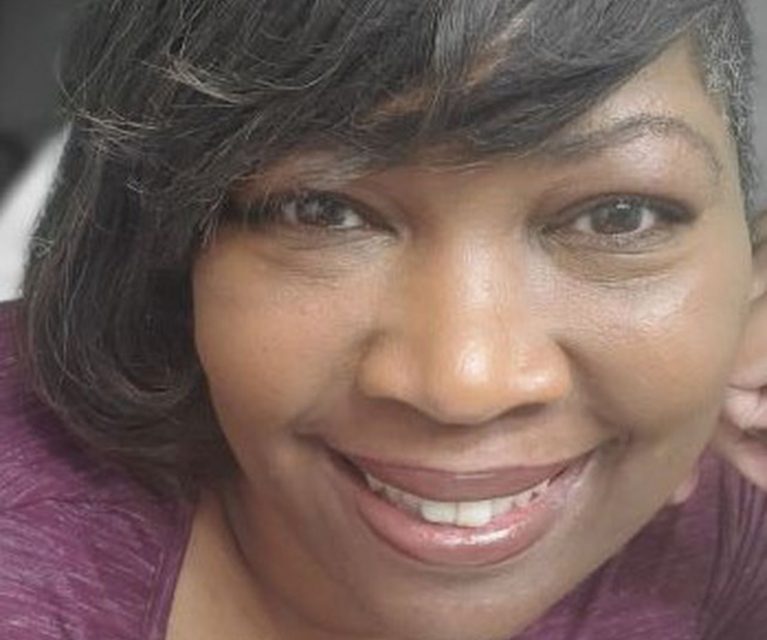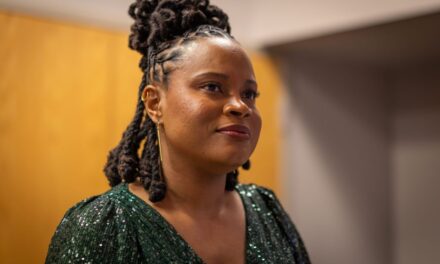By Cara McClure | Executive Director of Faith & Works
This is a guest opinion column
If Alabama were a country, it would have the highest incarceration rate in the world.
Why is that?
Is it just?
Does it reflect the values of the people that live here?
Here in Birmingham we are gearing up for some elections that will shape the future of our criminal legal system, and we should all take the time to get clear about what values we want to see reflected in that system.
Two years ago I started an organization called Faith and Works. We are a small, non-profit, social justice organization and our mission is to do whatever we can to enhance the lives of those in our community who are underserved and underrepresented. So, when a judicial election comes around, we know it’s time to pay attention.
Right now, around the country, our criminal legal system faces a crisis of legitimacy, given that over a thousand people were killed by law enforcement last year, and that disproportionately the people killed are Black. Beyond this crisis of confidence, in which many Americans have lost faith in the system, there are also big questions about fairness inside our judicial system.
To deal with this, in addition to racial diversity, and gender diversity, our courts need a diversity of professional experience for them to be representative of the people they serve. In 2014, Alliance for Justice released a report which found that an overwhelming number of Judges and nominees to the courts were prosecutors and not criminal defense attorneys.
The 6th Amendment to the Constitution guarantees every criminal defendant the right to an attorney. The presumption of innocence, and the right to have effective counsel are core principles of fairness in our legal system. The people that serve in that role have a first hand look at our legal system, but too often, working as a defense attorney doesn’t lead to career advancement for some of our fiercest defenders.
This matters, and here’s why.
When a judge sitting on the bench rules that a witness is credible, or whether members of law enforcement acted “reasonably,” they bring their perspective and experience to bear. When our cities are finally beginning to grapple with the terrible toll of excessive policing, unjust overcriminalization, and mass incarceration it matters that the judges on the courts have a range of perspectives.
Defense attorneys are deeply familiar with the disparities in sentencing and arrests. They have to navigate these challenges every day as they support their clients, and witness how they are treated by the judicial system. This is powerful knowledge and expertise. They understand the danger, inhumanity and ineffectiveness of using incarceration as a solution for addressing drug use, mental health needs, and poverty in our communities.
Jefferson County has never had a public defender – a full time public defender in an institutional office – serve as a judge on the circuit bench. Could this be one reason our incarceration rate is so high?
Often, we valorize prosecutors for their role in putting away “bad guys.” Instead of celebrating those public defenders who keep innocent people free, and who are vital counterpoints to overcriminalization in our legal system, we often measure them by their least sympathetic clients. This is not only unfair, it also perpetuates a false story about what it means to be “tough on crime,” one of the most common dog whistles of our day.
Instead, public defenders are often the only line of defense against prosecutorial misconduct, which is one of the leading reasons for wrongful convictions, according to the Innocence Project. Good public defenders guard our legal system against this kind of harm. They are key to ensuring that people receive due process, and a fair trial — hallmarks of a just legal system.
This election season we have two public defenders running for judicial seats, Tiara Hudson and Paul Rand. As a community member, and community organizer, I know very well that the relationship between public defenders and organizers can be a real site for collaboration. They have partnered with Faith and Works’ Community Bail Fund to ensure that people are not held and incarcerated for no reason other than poverty.
Now is the time to face the strengths and the weaknesses of our criminal legal system, and to work to ensure that our representatives on the courts understand the long history of injustice in our system and work to find just alternatives in service of a more perfect judiciary, and ultimately a more perfect union.










